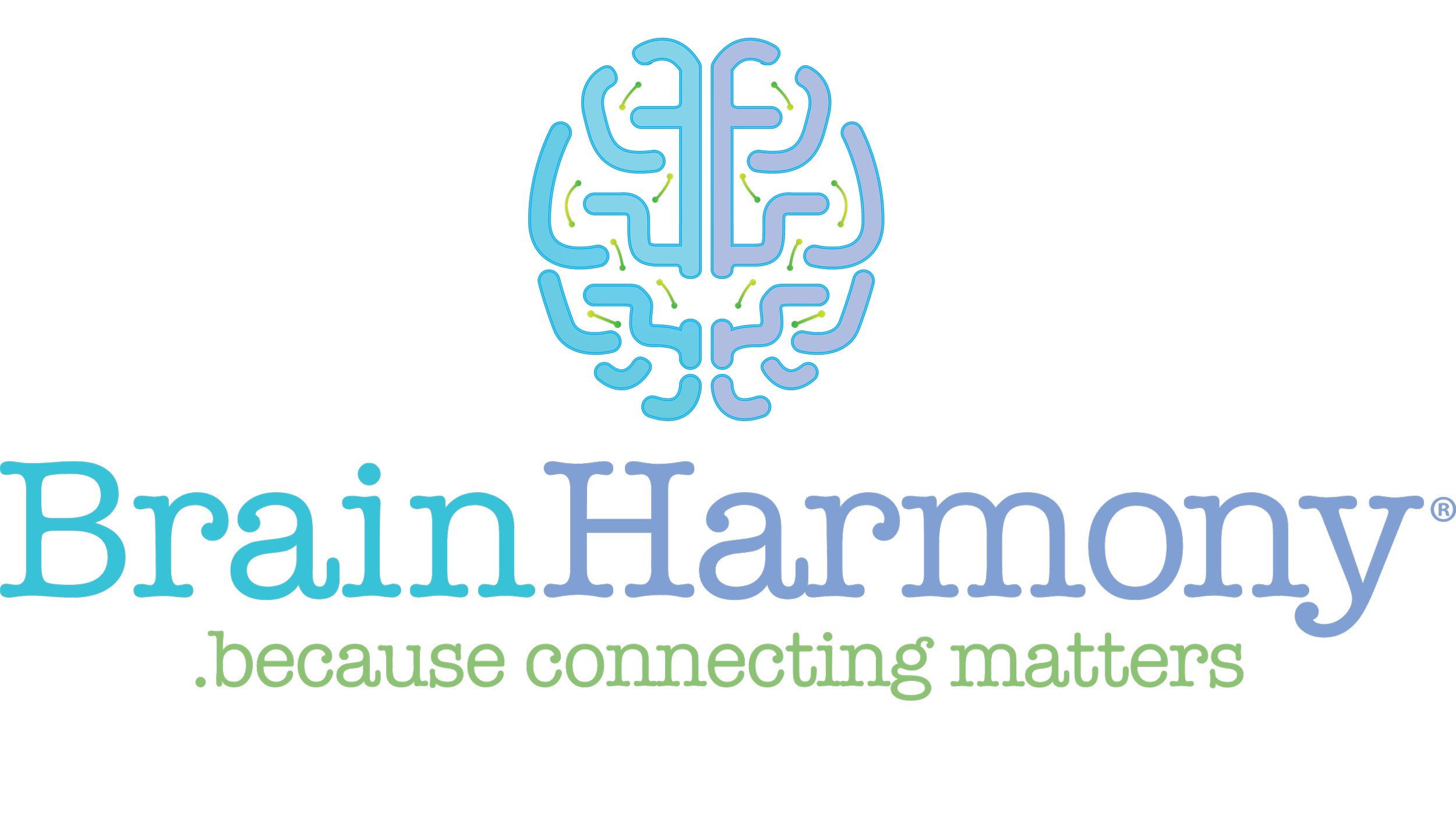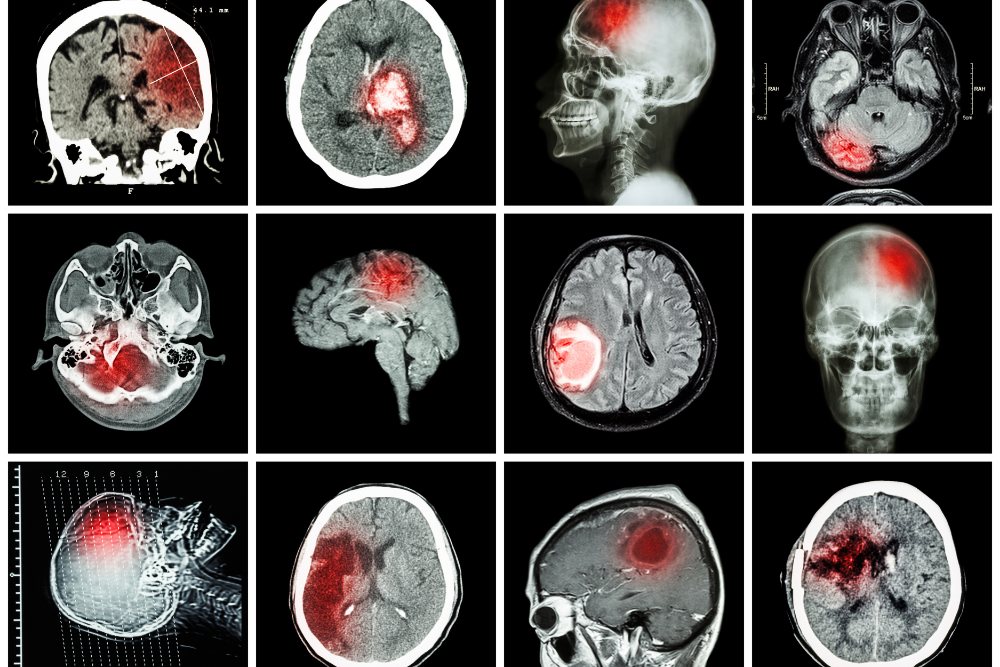The Impact of Depression on the Brain: Memory Loss, Brain Fog, and More
Depression often shows up with other cognitive symptoms like issues with memory and attention. While it may feel like your whole brain is in a fog when you’re depressed, there are actually functional and physical explanations for how you’re feeling. Addressing your neurological architecture gets to the root of many depressive symptoms and can make a significant difference in how you view the world.
Many people with depression report that in addition to low mood, they also have cognitive difficulties in areas like learning and memory.
This is due to the impact that depression has on your brain. Aside from feeling unmotivated, sad, and generally hopeless, depression can impact other areas of cognition that are often overlooked.
This article will explain the impact that depression has on your brain, how this affects your memory and the underlying thread that must be addressed to reclaim all of your neurological functions.
The Impact Of Depression On The Brain
Many people assume that depression is solely related to chemical imbalances and what's happening in someone's life. However, there's actually quite a bit more going on behind the scenes in the brain when someone is depressed.
Depression tends to impact multiple areas of the brain, most notably the prefrontal cortex, amygdala, and hippocampus. Research shows that in someone who is depressed, which can span the ages from as young as a schoolchild to the elderly, both the volume and function of these areas can become impaired.
Another common marker associated with depression is neuroinflammation (inflammation in the brain). In fact, many people believe that inflammation is actually at the root of several psychiatric conditions, as opposed to the conditions being the cause of the inflammation. In people with depression, research shows that the longer the depression goes untreated, the worse the inflammation tends to get.
Inflammation in delicate brain structures can impact a process called neuroplasticity. Neuroplasticity is your brain's ability to change by pruning away old neurological connections and making new ones. This process is crucial for learning and memory.
Finally, there is an association between reduced oxygen flow to the brain and depression. Oxygen is vital for keeping tissues alive and healthy; when oxygen is diminished, it can cause damage to the neurons and even cell death. Unsurprisingly, low oxygen also impacts neuroplasticity.
The impact of inflammation, low oxygen, and reduced functionality in these crucial centers may result in connectivity changes in the brain. Your brain relies on organized connections to keep you sharp and assist with emotional regulation; when these connections are lost, it can result in a range of mood and learning issues.
Now let's take a deeper look at the connection between depression and memory.
Depression and Memory Loss
Many people suffering from depression report that, among other symptoms, memory issues also arise.
Neurologically this makes sense, as the hippocampus of the brain is the primary location where memories are stored -- and is also one of the most affected areas in the depressed brain.
Studies show that subjective memory loss is likely due to deficits in executive function, the ability to pay attention, and inhibition of memory processes, which are all controlled by your hippocampus.
Research shows that declarative memory, in particular, may be impacted by neurological processes associated with depression. Declarative memory is a type of long-term memory that involves recollecting events, dates, and other pieces of information from your past. For instance, remembering someone's birthday would be an example of declarative memory.
There is also evidence that the reduced hippocampal volume seen in depression may make it more difficult to encode memories.
Memory encoding is the process by which you take in information from your senses and then store it in your neural architecture for retention and retrieval at a later time (AKA remembering something).
During the encoding process, your brain makes new connections between neurons. This is the process of neuroplasticity explained above. Therefore, low oxygen or inflammation may make it more challenging to create new connections (new memories) when neuroplasticity is impacted by low oxygen or inflammation.
Sadly, the impact of depression on memory may have long-term effects. In a 2019 longitudinal study, researchers found that people who had symptoms of depression in their twenties were more likely to have a poor memory when they reached fifty.
There is still debate as to whether the functional and physical changes that happen in the brain in association with depression are the chicken or the egg. In other words, does depression cause these changes, or do these changes cause depression?
We know for sure that as part of the condition of depression, healthy neurological wiring seems to become disorganized and impacts many areas of cognitive function, including mood, learning, and memory.
Neurological Calm And Organization For The Depressed Brain
At Brain Harmony, we see all kinds of neurological conditions. In fact, we've worked with thousands of clients using a unique protocol that gets to the root of cognitive and neurological imbalances.
Neurological Calm
Across the board, one thing we've always found to be helpful is calming the nervous system. If you want to reclaim a healthy, balanced brain, calming your nervous system must be step one. This is why in our 5-step plan of care, the first phase is always working on vagal regulation.
Vagal regulation refers to your vagus nerve, the largest nerve in your body that runs from your brain to your gut. Enhancing vagal tone is the most effective way to move your brain from fight or flight (sympathetic mode) to rest and digest (parasympathetic mode).
In depression and other psychological conditions, your brain is often stuck in a negative loop brought on by sympathetic activation. While sympathetic mode is a part of your survival system, the wiring can get tripped, making it overactive and unproductive. High levels of sympathetic activation are often seen in Major Depressive Disorder (MDD).
While you're in sympathetic mode, you will see the world through the lens of fear. This obviously makes it much more difficult to feel hopeful, joyful, and calm.
Sympathetic activation may also increase inflammation, leading to all the neurological complications explained above.
Tools such as the Safe and Sound Protocol (SSP) can be incorporated into your plan of care to enhance vagal tone and pull you out of sympathetic mode. Once you are in parasympathetic mode, it often feels like a fog has lifted. You become more present in your life and the underlying fear that sympathetic mode keeps you stuck in dissolves as you realize that the world isn't as scary as you thought.
Neurological Organization
A calm brain is ripe for positive change, and that's why phase two of the Brain Harmony protocol is neurological organization. Once your nervous system is calm, your brain is now more pliable (more neuroplastic). This means that you can start to restructure the neurological connections in your brain, creating healthier neural architecture while pruning away the connections that kept you in sympathetic fight or flight mode.
If you imagine your neural connections like a highway, a depressed brain may have a lot of traffic, poorly paved roads, and roads that run in loops instead of efficiently constructed freeways.
With neuroplasticity, you are able to reconstruct your own roadmap. This can produce changes in depressive thoughts and feelings and the executive functions that get tripped up like memory and learning.
As explained above, memory encoding is the process of creating new neurological connections. Therefore, enhancing your neuroplasticity allows for better memory storage and retrieval.
To achieve organization, we use a variety of hand-picked tools that are chosen for your individual needs. We employ multisensory input from devices like the iLs Focus unit, which uses bone conduction along with listening programs to reorganize connections for optimal processing.
Treating depression and memory issues without addressing the underlying neural architecture of your brain is simply a band-aid approach. You may find short-term relief, but the root cause of your mood and cognitive imbalances can't be addressed until you target the source.
We have seen amazing results in both memory and depression at Brain Harmony, for example, here is Nancy's Brain Harmony success story:
Nancy's Success Story
Nancy is a nurse in an intensive care unit and was suffering from anxiety, brain fog, and depression. She was having trouble with processing, getting her thoughts down on paper, word retrieval, and memory. She had tried pharmaceuticals and lifestyle changes to address these issues, but they just weren't working, so she went on the hunt for another solution. After a short time using Brain Harmony's therapies, like the Safe and Sound Protocol and the Alpha-Stim, Nancy's anxiety dissipated, she started enjoying life, sleeping better, her brain fog went away, and her cognitive function improved tremendously. She feels like Brain Harmony was the missing key in her health journey.
"It's easy to use, you're expertly guided, you can do it on your own at your own pace, and it can have a profound impact on your life. I really feel that this was the missing piece to help my overall quality of life."
Takeaway
One of the most common feelings associated with depression is helplessness. This is why many people that struggle with depression often overlook treatment options and stay stuck in negative loops.
In truth, there is nothing helpless about depression; it is just poor neurological wiring that keeps people stuck.
It takes a holistic approach to get to the root of depression and the issues that come with it, like memory and learning. Understanding the mind-body connection is essential, and being guided by a professional who can pinpoint your areas of neurological weakness is vital.
If you or someone you know is struggling with depression, memory issues, or any other neurological imbalance, reach out today for a Free Consultation to see if Brain Harmony is the right fit for you.







